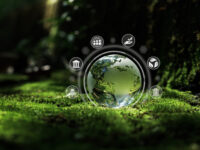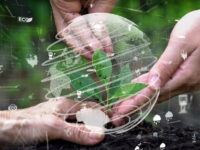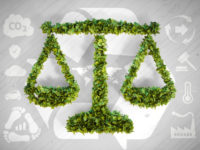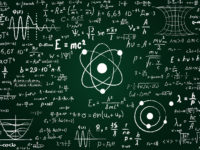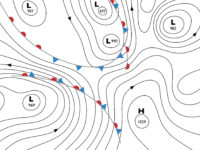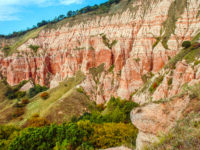Artificial intelligence is a new development in the technology world that is certain to transform society as a whole. Even more than the internet, or smartphones, or even the automobile, AI offers new capabilities that may have an impact on humankind on the scale of fire or electricity. That’s a development that has many sustainability…
Read more
The Role of Artificial Intelligence in Environmental Sustainability
